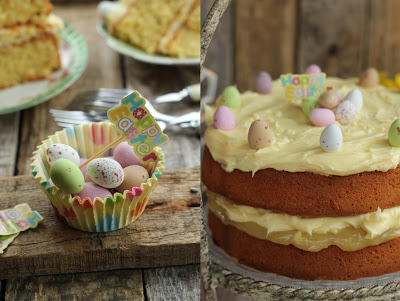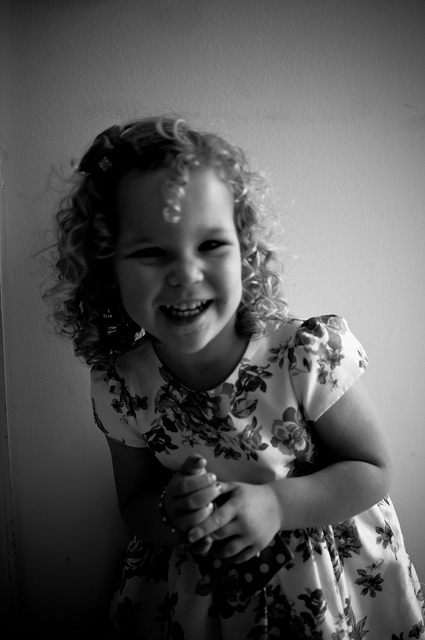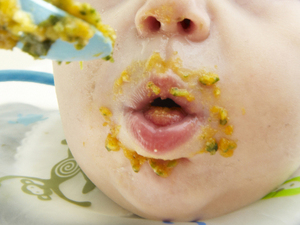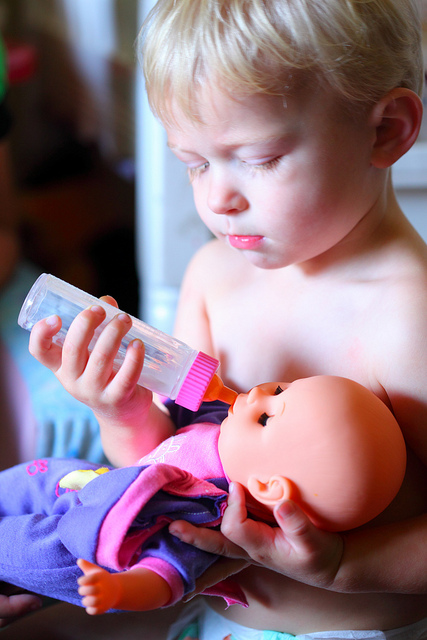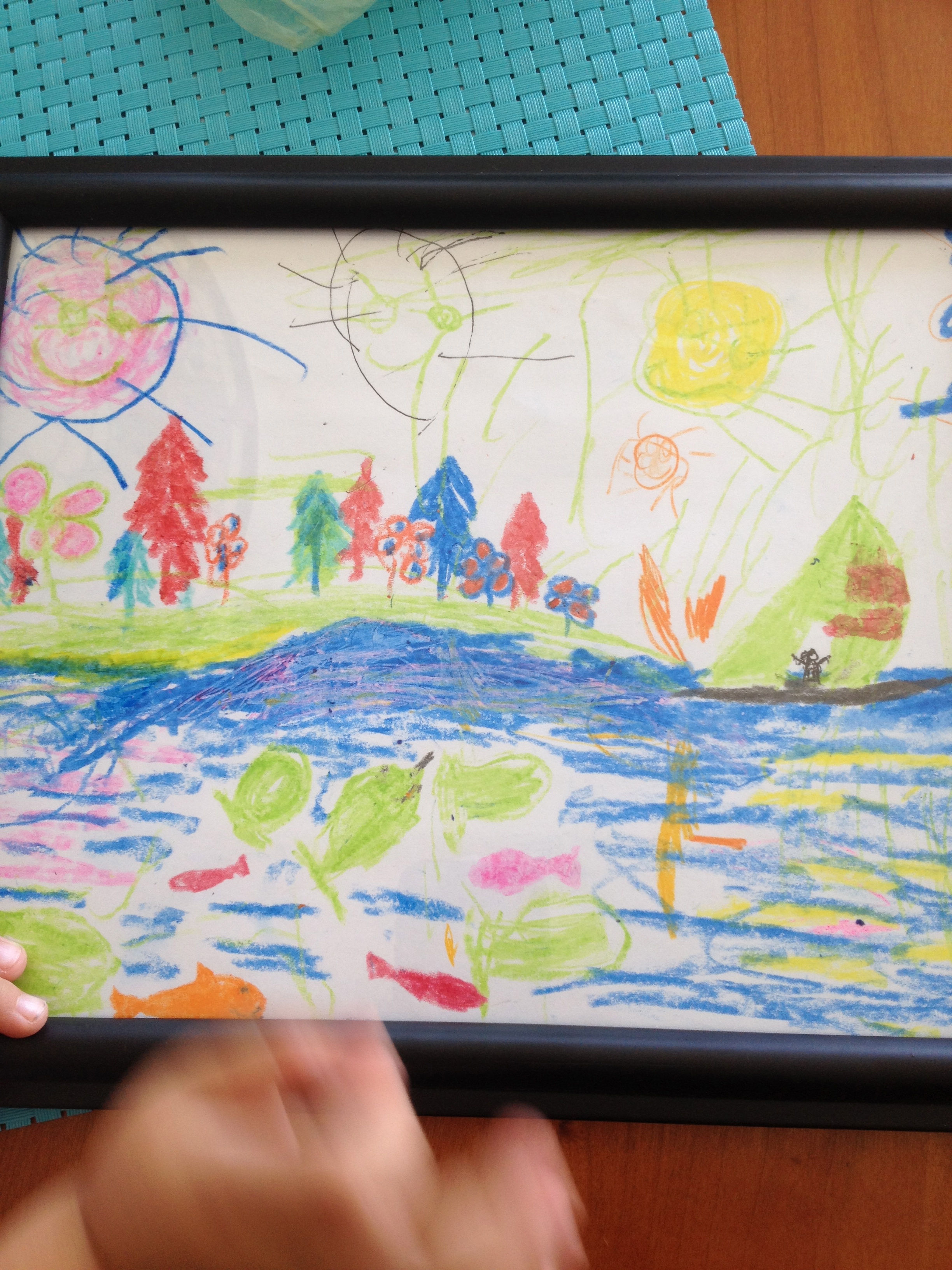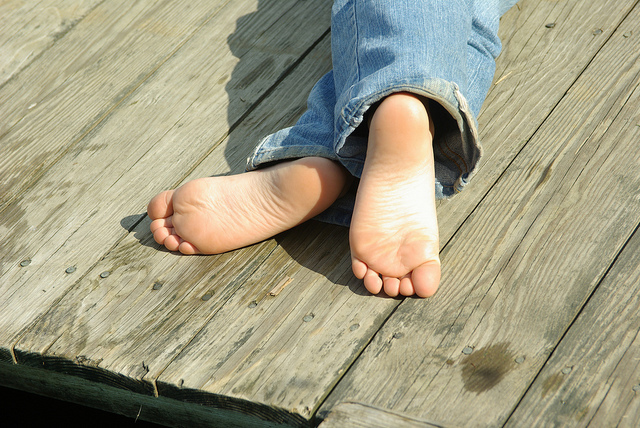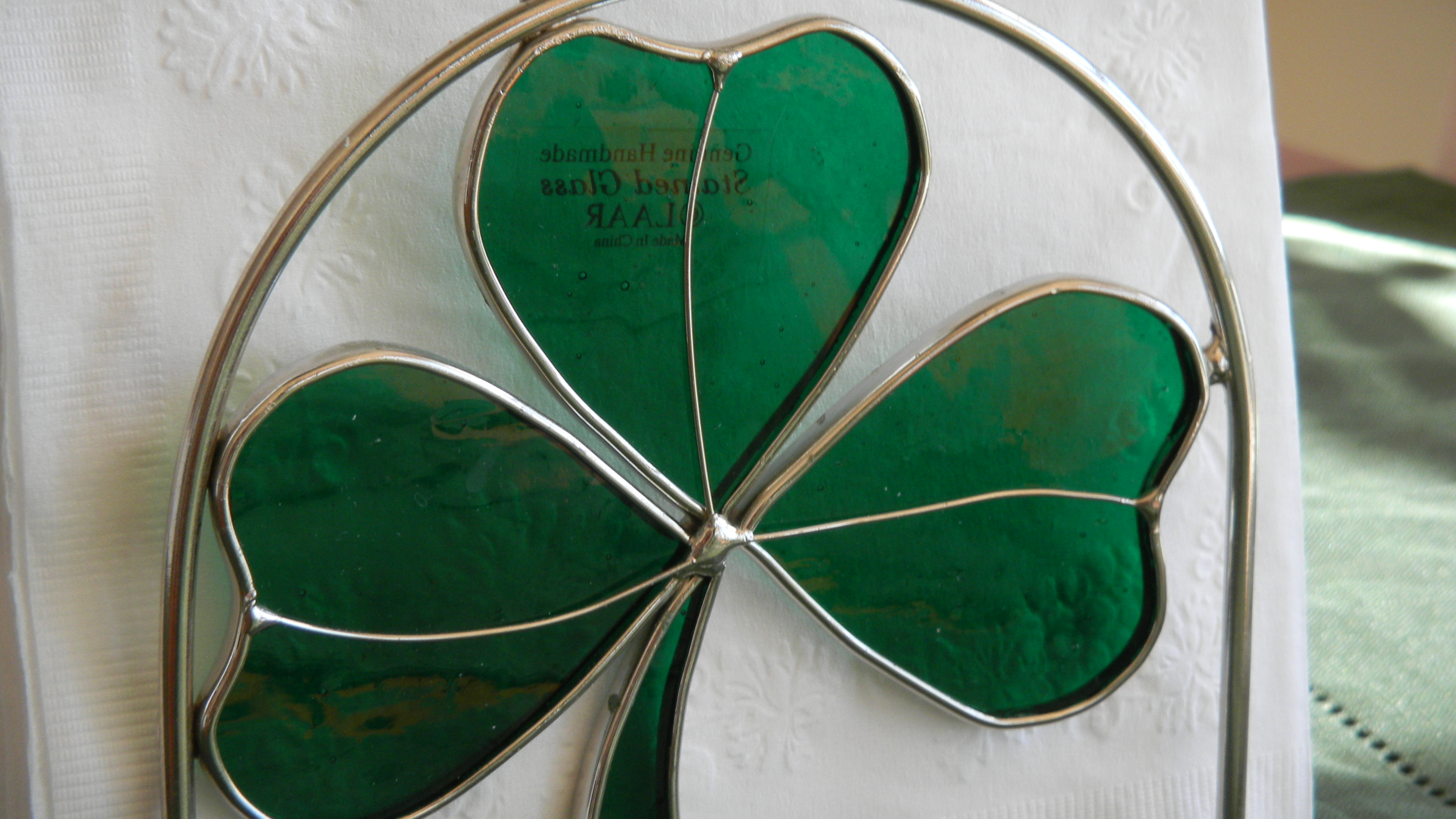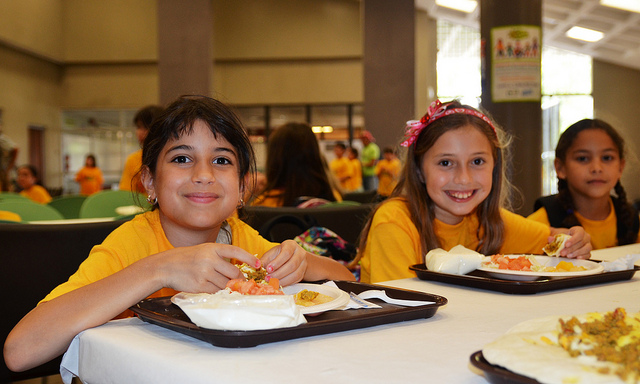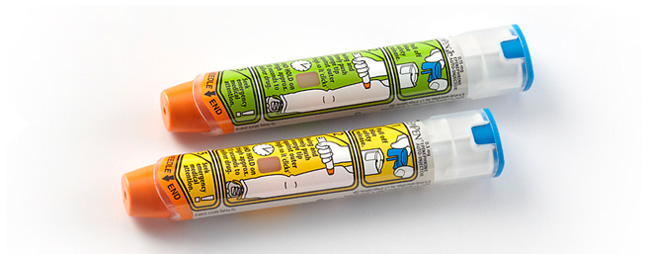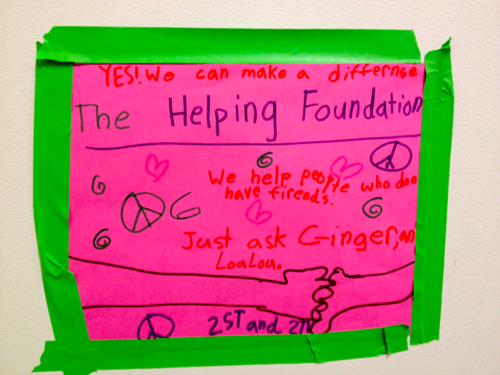
Is it possible to add anything to the discussion around work and motherhood without being bullied by other moms? My guess is no, but I’d like to share my story anyway. I love being a working mom, but I didn’t always.
via Kathryn Tucker: The Helping Foundation.
I had the pleasure of meeting and hearing Kathryn Tucker speak at a conference last year. I am a mom and now a grandmother and I can relate to Kathryn’s story about being a working mother. While my children were very young in the 80’s I did stay at home but after that I worked at least part-time as a nurse. I had the responsibility of helping to open a Mother-Baby Maternity unit in a suburban Chicago hospital. It was both challenging and rewarding.
I was not bulllied for my choice to work but I was left out of SAHM networks because I worked. When I needed help I could not ask any one to actually assist me because I felt they resented me for working and imposing upon them. I believe it was indirect bullying.
While I had co-worker friends, I was losing my mom network neighborhood friends. It was a no win situation most of the time.
Thankfully, I had my mother who had also been a working mom and was my “best friend”. She helped me out at home but since she did not drive that was a major problem especially living in suburbia.
My husband is a physician so I actually did not have to work. I think that was also another reason my mom “friends” did not want to help me out in a pinch.
Early in my nursing career while working in NYC so many people helped me…I was able to get my Masters degree because I worked for a physician that would reschedule his office hours to accommodate my class schedule. I never forgot all the kindnesses that were extended to me by my friends…I felt so fortunate. So when I became a mom, I wanted to continue to work and share what I had learned. I taught nursing and tried to impart the skills and knowledge that was shared with me.
Now as a grandmother, I am still trying to share what I know as a mom, maternal child nurse and clinical social worker. I do it through blogging. It is sometimes painfully lonely in the blogoshpere especially as a grandmother…most bloggers are young enough to be my children…I am not sure they want to know what their moms have to say much less read my blog.
I can relate to what Kathryn when she writes….
I spent a lot of time in my quiet apartment thinking about what it means to connect with other human beings. Almost every night, I would put my kids to bed and then go online, just staring at Facebook, waiting for something to happen. Very little happened, but I would still sit there, hoping. I would nose around the Internet, follow names I recognized on Twitter, Google old friends, then go back to Facebook ten minutes later to see if I had missed anything. I hadn’t. I was trying and trying to wring something meaningful and sweet out of the Internet, but never with much luck.
I spend a lot to time by myself…none of my friends write, much less blog and they are not social media savvy…nor do they care to understand my fascination with social media and the impact it is having and will continue to have on today’s world.
Someone recently said to me that she does not like reading about young moms because it makes her feel old and consequently depressed….I find it quite the opposite.
So, I will continue to blog and hope that I have some type of impact on my readers…I will continue to read about women and moms like Kathyrn and admire what they are doing in today’s complicated world as they try to balance their lives as working women and mothers.
I will also be charmed and moved by Kathryn’s daughter LouLou, the next generation…isn’t that the whole point of being a mom and grandmother…to inspire these young little girls and boys to not necessarily follow in our footsteps but to create their own footprints.
Thank you Kathryn for sharing …you inspire me!

